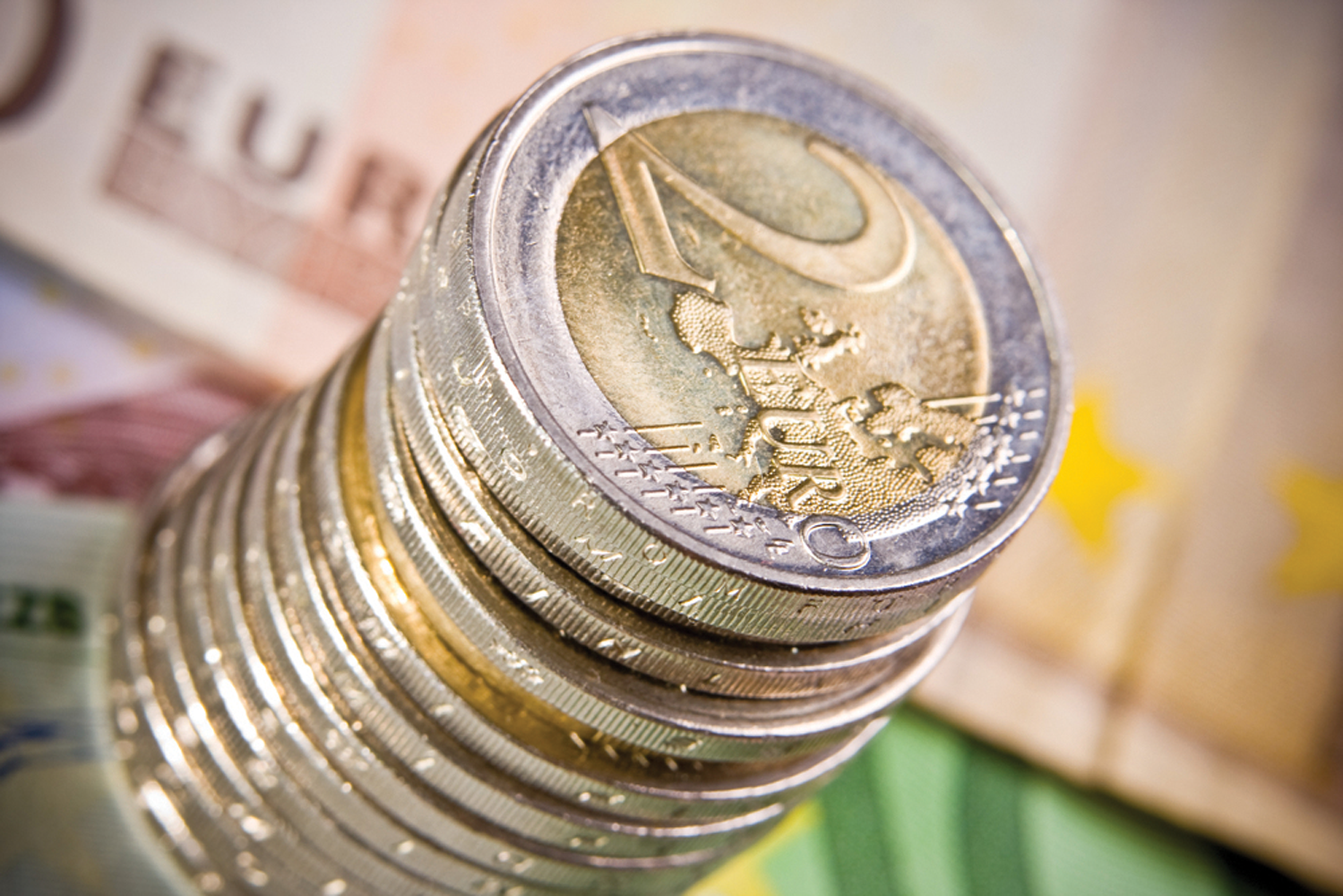Editor's Pick
Investing in Europe: 8 fund ideas

While investors turned their backs on UK shares in March, withdrawing a record £1bn from UK equity funds, European stocks gained favour.
According to the Investment Association, investors poured £663m into funds investing in eurozone stock markets, a reaction to the European Central Bank’s (ECB) €1.1trn bond buying quantitative easing programme.
Europe (ex-UK) funds topped the best-selling sector list in March, a title it has not held since August 2000.
But which are the best European funds for long-term investors?
NEW INVESTORS
For new investors, Adrian Lowcock, head of investing at AXA Self Investor, tips BlackRock Continental European and Henderson European Opportunities.
Blackrock Continental European manager Vincent Devlin is a value investor, looking for companies which deliver earnings above the market average over the medium and longer term.
“He is particularly focused on only taking measured risks and doesn’t chase short term market fluctuations,” says Lowcock.
Henderson’s John Bennett is a hugely experienced fund manager with a focus on European large companies. He believes it is important to understand and identify the macroeconomic and sector trends as large companies are more influenced by these.
“Bennett’s central theme is one of mean reversion, markets always revert to their historical average value or price. This fund is likely to be more defensive given its focus on large companies and the investment philosophy,” according to Lowcock.
Meanwhile, Jason Hollands of TilneyBestinvest tips Threadneedle European Select and Standard Life European Equity Income.
The Threadneedle fund, managed by Dave Dudding, is a relatively concentrated portfolio of 45-60 mostly large growth companies in core European countries of Germany, Switzerland, France and the Netherlands with negligible exposure to the troubled southern European periphery.
It targets businesses with sustainable and recurring revenues (rather than very cyclical businesses) that have strong franchises and consistent above average growth.
Standard Life European Equity Income is one of handful of European funds that targets a decent yield (currently 3.6%) as well as capital growth, which might prove popular in the current income scarce environment.
EXPERIENCED INVESTORS
For more experienced investors, Lowcock picks Schroder European Alpha Income and Franklin European Opportunities.
“Schroders manager James Sym is a business cycle investor, he combines his broad economic outlook and market sentiment when picking stocks, whilst using a cyclical stock picking strategy to pick individual companies suitable for the current investment cycle. This fund should do well in an economic recovery in Europe.”
Uwe Zoellner, manager of Franklin European Opportunities targets long-term capital growth primarily by investing in mid cap sized companies.
“Zoellner looks for businesses with a sustainable competitive advantage, strong balance sheets and attractive valuations. The fund has a low turnover of 30%. This team are talented and take care when picking stocks and buy a concentrated portfolio for the longer term,” says Lowcock.
Hollands suggests Artemis European Opportunities Hedged 1 and Baring Europe Select
Artemis European Opportunities Hedged 1 (not to be confused with a hedge fund) invests mostly in large companies listed in core Europe but it also converts exposure to the euro back to sterling.
“One of the impacts of eurozone money printing is that, like similar stimulus measures seen elsewhere, it puts downward pressure on the currency, which means you could be making money on rising share prices but giving some of the return back on the currency,” says Hollands.
“So we think that at the moment there might be a case for removing this risk by investing in a European equity fund that “hedges” the currency exposure by converting it back to sterling.”
For those wanting to play the potential for a more “domestic” recovery in Europe, there is a case for focusing on medium sized and smaller companies, rather than funds invested in large international firms.
“One we like is the Baring Europe Select fund, a highly diversified portfolio of more than 100 stocks, each of which represents between 0.5% and 2% of the overall portfolio,” says Hollands.